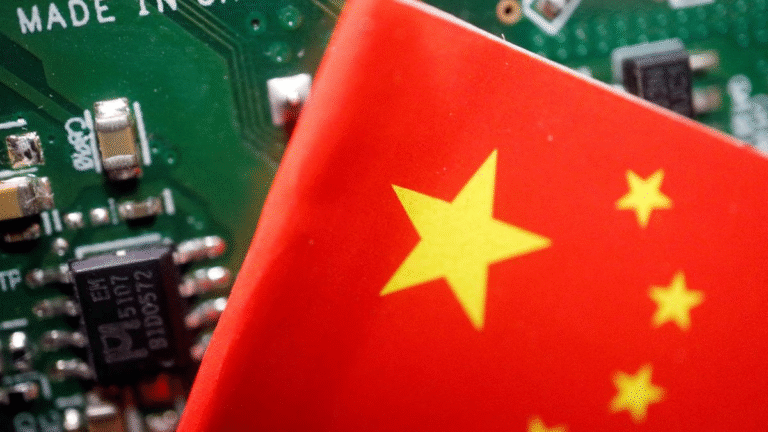
Trump reverses on Moscow strike remarks, says Ukraine shouldn’t hit Russian cities. Sets 50-day deadline for ceasefire or new tariffs on Russia.

⚡ Trump Now Says Ukraine Should Not Strike Moscow, Dismisses Reports of Urging Attacks
In a major reversal, US President Donald Trump on Tuesday (July 15) said Ukraine should not target Moscow, denying explosive reports that he had recently encouraged Ukrainian President Volodymyr Zelenskyy to launch strikes on Russian cities. Speaking to reporters outside the White House, Trump stated bluntly:
“No, he shouldn’t target Moscow.”
His comments mark a sharp pivot from reports by the Financial Times, which claimed that during a July 4 phone call, Trump had provocatively asked Zelenskyy whether Ukraine could strike Moscow and St. Petersburg to “make them [Russians] feel the pain.”
📞 What Was Allegedly Said in the July 4 Call?
The Financial Times reported:
- Trump allegedly asked Zelenskyy: “Volodymyr, can you hit Moscow? Can you hit St Petersburg too?”
- Zelenskyy was said to have replied: “Absolutely. We can if you give us the weapons.”
According to the report, Trump floated the idea that such strikes could force Russian President Vladimir Putin to the negotiation table. However, on Tuesday, Trump insisted:
“I am on nobody’s side. I am on humanity’s side because I want to stop the killing.”
📰 Trump’s Clarification: ‘Not Encouraging Violence’
The White House moved quickly to soften the narrative. A spokesperson said Trump was:
- “Merely asking a question, not encouraging further violence.”
- Focused on stopping the war, adding: “He’s working tirelessly to stop the killing and end this war.”
This explanation underscores how Trump is trying to position himself as a mediator — distancing from direct military escalation while still ramping up pressure on Moscow.
🛑 No Long-Range Missiles for Ukraine, Says Trump
When pressed by reporters on whether the US might send long-range missiles to Ukraine, Trump responded:
“No, we’re not looking to.”
This signals a continuation of the recent Pentagon decision to halt certain arms shipments to Ukraine, even as the Biden administration faced criticism for delays in support.
⏱ Trump Sets 50-Day Deadline for Russia: Ceasefire or Face Tariffs
📝 A New Ceasefire Plan?
In a striking development, Trump also issued a 50-day ultimatum to Russia to agree to a ceasefire, warning:
“At the end of the 50 days, if we don’t have a deal, it’s going to be too bad.”
He threatened to slap Russia with:
- Severe new oil sanctions, and
- Secondary tariffs up to 100%, if Moscow does not end its offensive in Ukraine within the deadline.
“I don’t think 50 days is very long — and it could be sooner than that,” Trump said, though he did not elaborate on what an acceptable agreement would look like.
This represents a sharper economic tool than previous US approaches, leveraging trade pressure rather than direct military escalation.
🛡 A Tougher But Complicated Stance on Russia
Trump’s comments come only a day after he vowed a “tougher approach on Russia”, announcing billions of dollars in new US-made weapons — but directed toward NATO allies, not Ukraine directly.
Speaking from the Oval Office with NATO Secretary-General Mark Rutte, Trump said:
“We are going to produce top-of-the-line weapons, and they will go to NATO.”
This highlights a strategic pivot: beefing up NATO’s deterrence posture while slowing the direct supply pipeline to Kyiv.
🔍 Analysis: Is Trump Playing Both Sides?
Political analysts say Trump’s posture reveals a careful balancing act:
✅ Projecting toughness on Russia through tariffs and economic threats,
✅ While avoiding deeper direct involvement in Ukraine’s battlefield decisions.
By publicly ruling out strikes on Moscow and long-range missile deliveries, Trump might also be trying to prevent an uncontrolled escalation that could pull NATO deeper into the conflict.
🤝 What Does This Mean for Ukraine?
For Kyiv, Trump’s latest remarks are a double-edged sword:
- 🔥 They lose potential leverage of striking Russian heartland targets, which could deter future Kremlin aggression.
- 💵 But still gain hope for economic pressure on Moscow, which could soften Putin’s calculus.
Zelenskyy’s office has not officially commented on Trump’s reversal.
🌍 Broader Geopolitical Impact
Trump’s 50-day deadline and talk of 100% tariffs on Russia could disrupt:
- Global oil markets, driving up crude prices.
- European economic stability, as countries still rely on Russian energy flows.
- Ongoing NATO diplomacy, which seeks unity on Ukraine without provoking direct confrontation with Moscow.
Meanwhile, Russia’s initial response has been muted. The Kremlin is likely calculating whether Trump’s threats are serious policy or campaign-season bluster.
📝 Bottom Line: A War Trump Says ‘Belongs to Biden’
Trump also tried to distance himself from the origins of the conflict, telling reporters:
“This is a Biden war, not a Trump war.”
He emphasized his role would be to “find a way for the US to step back,” suggesting more emphasis on diplomacy and economic levers rather than continued military entanglement.






